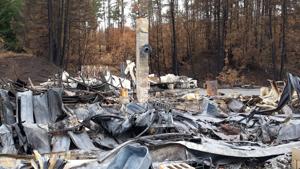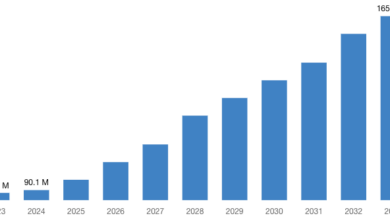Oregon Legislature looks at streamlining state’s understaffed emergency management system

(The Center Square) – A bill in the Oregon Legislature would fulfill lawmakers’ three-year effort to reshape its disaster system for the 21st century.
Under House Bill 2927, the state would turn the state fire marshal into its own agency. It would take over search and rescue operations from the Office of Emergency Management (OEM) and establish guidelines for setting up wildfire buffer zones.
The OEM, in turn, would assume rulemaking authority over nuclear emergencies from the state Department of Energy.
HB 2927 also creates a set of advisory councils to make policy recommendations to OEM and Oregon’s Homeland Security Commission which would join Gov. Kate Brown’s office.
The bill is now in its third consecutive legislative session and sponsors hope it will help streamline the state’s poorly rated emergency management system.
Oregon’s emergency alert system has been the subject of multiple state audits over the past several years, the most recent of which in 2018 found it did not “meet key emergency management program standards.”
In his 2018 audit, former Oregon Secretary of State Dennis Richardson wrote the state’s emergency management system lacked sufficient staffing, public reporting and tracking, and disaster plans.
The audit concluded that of the 34 state agencies surveyed, only 9% met all of the basic requirements for disaster mitigation including possessing up to date and tested disaster plans.
HB 2927 has the backing of representatives from OEM, the Oregon Association of Public Safety Communications officials, fire districts, and state police agencies.
It is sponsored by House Veterans and Emergency Management Committee chair Rep. Paul Evans, D-Monmouth, who collaborated with Sen. Lynn Findley, R-Vale, while working on the bill.
State lawmakers also hope last year’s devastating wildfires, which cost the state 11 lives and an estimated $350 million by OEM estimates, will accelerate the overhaul of its emergency management system ahead of future disasters.
A common complaint among Oregon wildfire survivors is a lack of advance notice from the state’s digital alert systems during Labor Day of 2020 when the state’s biggest fires first broke out that year.
According to a recent analysis from public policy think tank R Street Institute, Oregon’s broadband access is among the worst in the nation.
“Oregon has a cap on fees for right-of-way access and an excellent cap on franchise fees, but receives no other points on the scorecard,” the report states. “Construction fees and timelines are the biggest areas where Oregon can improve, but progress can be made on all fronts.”
Rural Oregonian communities have less access to wired broadband internet and tend to see higher prices where it’s available.
A state-commissioned report from last year found zip codes in the bottom 10% for population density pay up to 37% more on average for residential wired broadband than zip codes in the top 10%.
HB 2927 is expected to see further action by the House Committee on Veterans and Emergency Management in the coming week.
Disclaimer: This content is distributed by The Center Square


